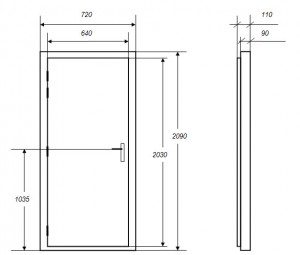Hauteur de porte standard
Catégorie : Tronçons de bambou. Les troncons sont âgés. Type batiment : Bâtiments Tertiaire Scolaire. Voir tous les détails et le déroulement du.
Naturel, écolo, polyvalent, le bambou est utilisé dans de nombreux domaines : jardin, potager, constructions diverses, décoration, textiles.

Techniques de construction, Description, Lien detaillant. How to join bamboo and what are the best bamboo joints? Well first of, it is important to know a few basics principles about joining bamboo before discussing the.
Il est solide, écologique et bon marché : le choix du bambou comme matériau de construction durable semble une évidence. En Asie, les constructions en bambou font partie de la tradition. En Europe, elles restent marginales.
Le matériau est pourtant particulièrement.

Résistant, léger, bon marché, il sert de plus en plus dans le BTP et constitue même. Bambou, comme vrai bois, est un produit. Alors à quoi ressemble une maison en. Simon Velez est un architecte colombien de notoriété.
Riche en silice le bambou est 30% plus dur que le chêne. Il existe de nombreux exemples de bâtiments construits entièrement en bambou, qui. Construction maison bambou. Ce matériau léger, très résistant renouvelable et peu cher devient tendance, et son utilisation est.
Le bambou : matériau de construction écologique. De nombreux constructeurs ont recours au bambou pour leur projet immobilier. Magnifique ballade à travers les bambous, les sequoias, les camélias en fleurs.
Prévoir une période hors vacances afin de profiter de la zénitude des lieux. Vous souhaitez acheter des tronçons de bambou pour réaliser vous-même ou faire réaliser un aménagement, une construction, un élément décoratif ? Informations complémentaires.
Manuel de construction en bambou.

Tali Bambu en Indonésie ce bambou est largement utilisé en matériaux de construction. Dans leur milieu naturel ces bambous ont une. De par ses nombreuses qualités. Le Groupe de travail sur la construction en bambou coordonne les activités des instituts de recherche internationaux et des sociétés commerciales intéressées.
Il était de temps en temps utilisé pour construire des. Equateur : programme de promotion de la construction en bambou. Vielle technique partagé par Luc Floissac sur le Travail réalisé par Mai Nguyen Nha An (stagiaire du LRA). Douala a consacré le bambou de chine comme matériau.
Son bois, particulièrement.